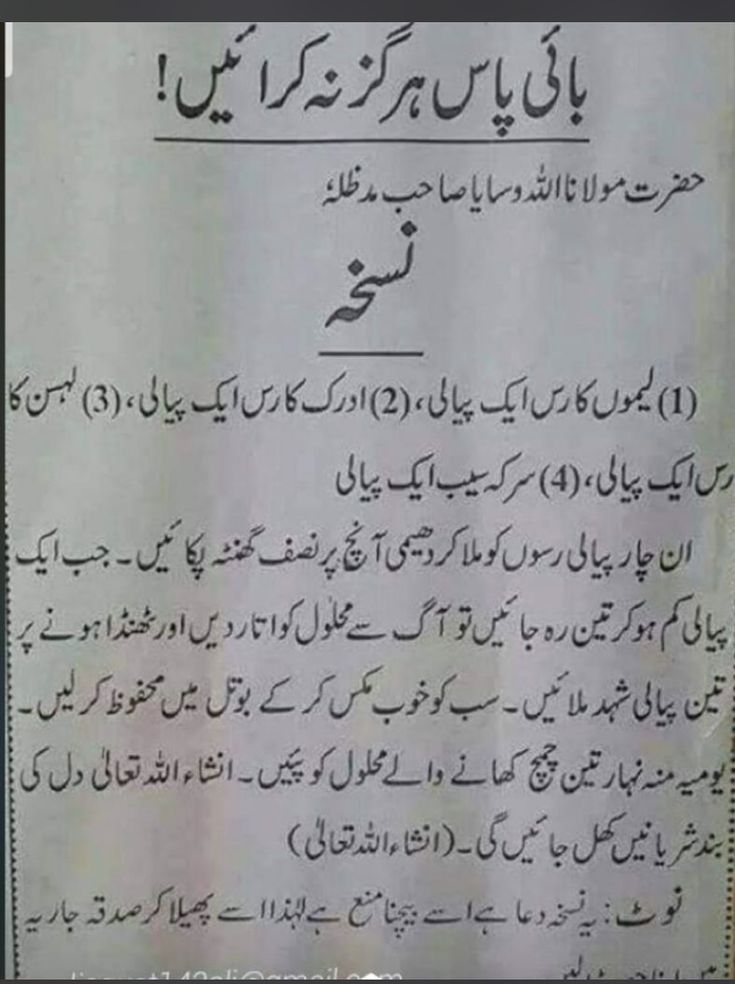1. Beta blockers
A sudden stop can result in rebound hypertension, tachycardia and recurrent myocardial ischemia.
Action: To be continued up to and including morning of surgery and restarted immediately afterwards or eventually substituted with short acting beta blockers (eg. propranolol, metoprolol, esmolol). Cardiac pacing may be necessary during the immediate postoperative period.
Perioperative use can prevent postoperative myocardial ischemic events (1).
2. ACE inhibitors and angiotensin receptor blockers
Continued use can result in peroperative hemodynamic instability (2).
Action: Protocol depends on indications
• for hypertension : continue up to the day of surgery.
• for heart failure : discontinue on day of surgery, especially if baseline blood pressure is low (3).
3. Calcium channel blockers
Anti-ischemic properties despite a theoretical risk of increased bleeding (4).
Action: To be continued up to and including day of surgery, except in the case of poor hemodynamics (hypotension or arrhythmia). Can be substituted with short acting calcium channel blockers (e.g. Diltiazem).
4. Nitrates
Action: To be continued up to and including day of surgery. Can be administered IV or transdermally, particularly if therapy cannot be interrupted e.g. frank ischemia (5).
5. Alpha 2 agonists
Abrupt withdrawal can cause extreme hypertension and myocardial ischemia.
Action: To be continued up to and including day of surgery. Substitution by transdermal clonidine or exceptionally IV methyl dopa.
